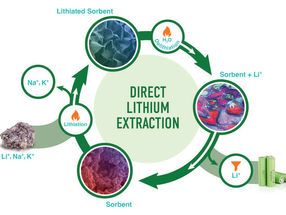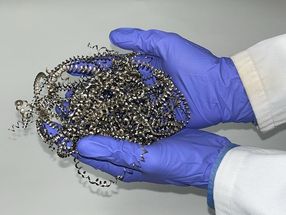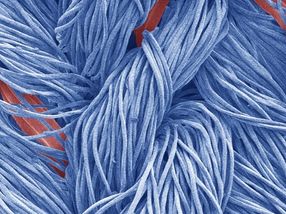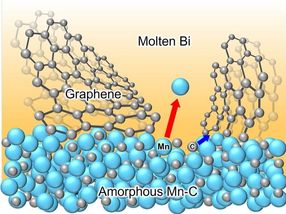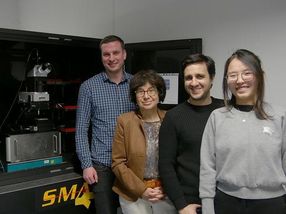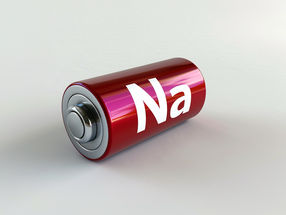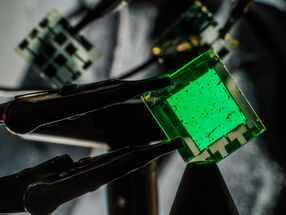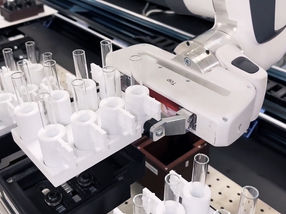Bruker Daltonics plans to cooperate with Batell`s laboratory to develop FT mass spectrometry for Proteomics research
At the 51st Annual Conference on mass spectrometry and Allied Topics, Bruker Daltonics Inc. announces the Formation of a Cooperative Research and Development Agreement (CRADA) with Battelle Memorial Institute, Operating and Management Contractor for the Department of Energy's Pacific Northwest National Laboratory (PNNL).
This follow-on CRADA will focus on the further development and commercialization of methods for enhancing the dynamic range of Fourier transform mass spectrometry (FTMS) for high-throughput proteomics research.
The technique known as Dynamic Range Enhancement for Advanced Mass Spectrometry (DREAMS), originally developed by Dr. Richard Smith's group in the Environmental Molecular Sciences Laboratory (EMSL) at PNNL, will be the basis of the research. The new CRADA provides PNNL with Bruker Daltonics' new APEX(TM)-Q hybrid FTMS to improve research capabilities at the EMSL, and to facilitate the transfer of DREAMS to a commercial instrument.
This latest endeavor is the second CRADA between Bruker Daltonics and Battelle/PNNL. In 2000, the two groups signed a first CRADA on the co-development of a highly sensitive, hybrid Q-q-FTMS system for data-dependent proteomics research. This first CRADA helped Bruker Daltonics form the basis of the successful new APEX-Q FTMS for "shot gun" proteomics.
The Q-q front end of the APEX-Q permits not only easy on-the-fly ion dissociation for MS/MS experiments, but importantly can also increase the dynamic range in proteomics experiments dramatically. The combined HPLC Q-q-FTMS high-field system, including a 9.4 or 12 Tesla magnet, is expected to be able to analyze enzymatic peptides with a dynamic range of 10,000 to 100,000, while retaining the extremely high resolution and excellent mass accuracy of FTMS. It is often the low abundance proteins that can be of considerable interest in biological research, as well as in drug or diagnostics discovery, and high-field Q-q-FTMS facilitates their study in a very straight-forward manner.
Paul Speir, Ph.D., Asst. Vice President of Bruker Daltonics, stated: "Our original CRADA with PNNL was extremely fruitful and helped produce a breakthrough commercial high-field hybrid FTMS system for 'shot-gun' and 'top-down' proteomics. We are very excited to continue this work with Dr. Smith and his group at PNNL to advance the FTMS tools for high-throughput and high-information-content proteomics research even further."
Other news from the department science
Most read news
More news from our other portals
See the theme worlds for related content
Topic World Mass Spectrometry
Mass spectrometry enables us to detect and identify molecules and reveal their structure. Whether in chemistry, biochemistry or forensics - mass spectrometry opens up unexpected insights into the composition of our world. Immerse yourself in the fascinating world of mass spectrometry!

Topic World Mass Spectrometry
Mass spectrometry enables us to detect and identify molecules and reveal their structure. Whether in chemistry, biochemistry or forensics - mass spectrometry opens up unexpected insights into the composition of our world. Immerse yourself in the fascinating world of mass spectrometry!


